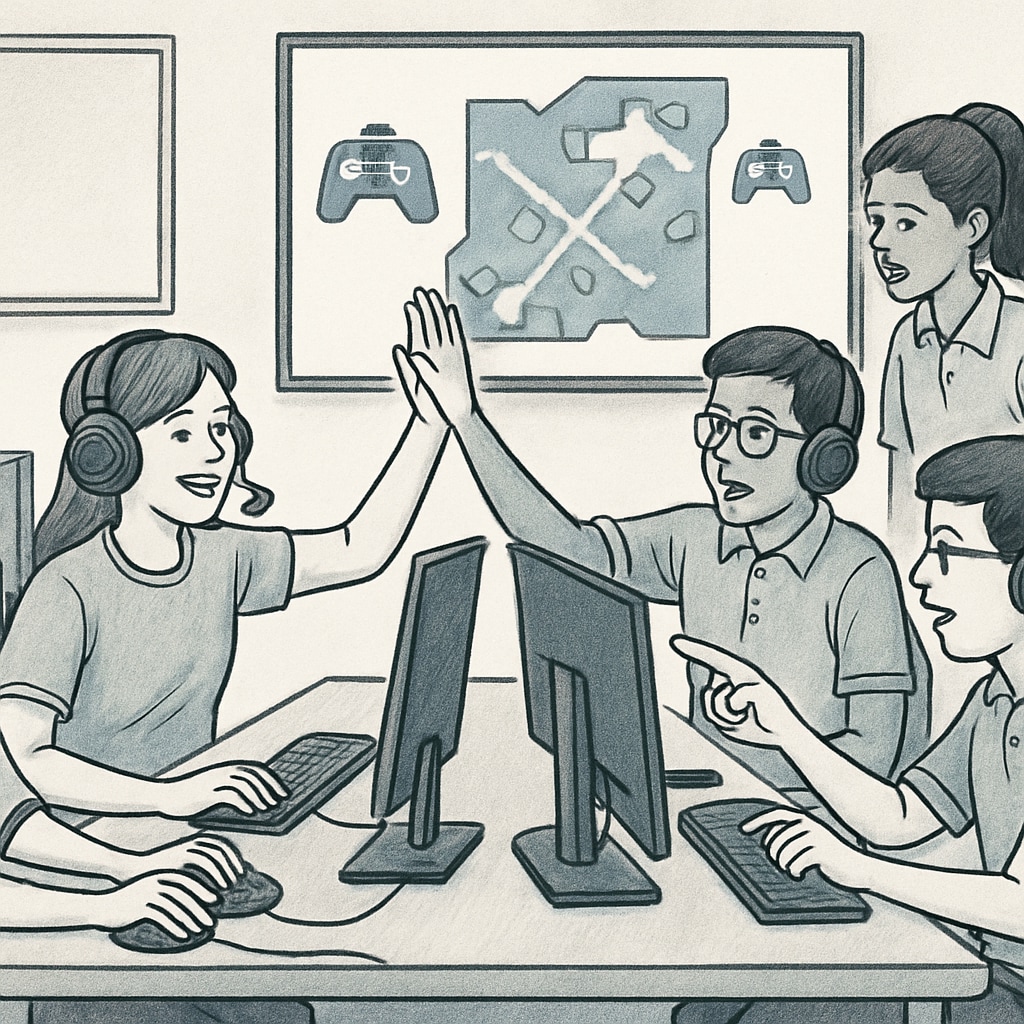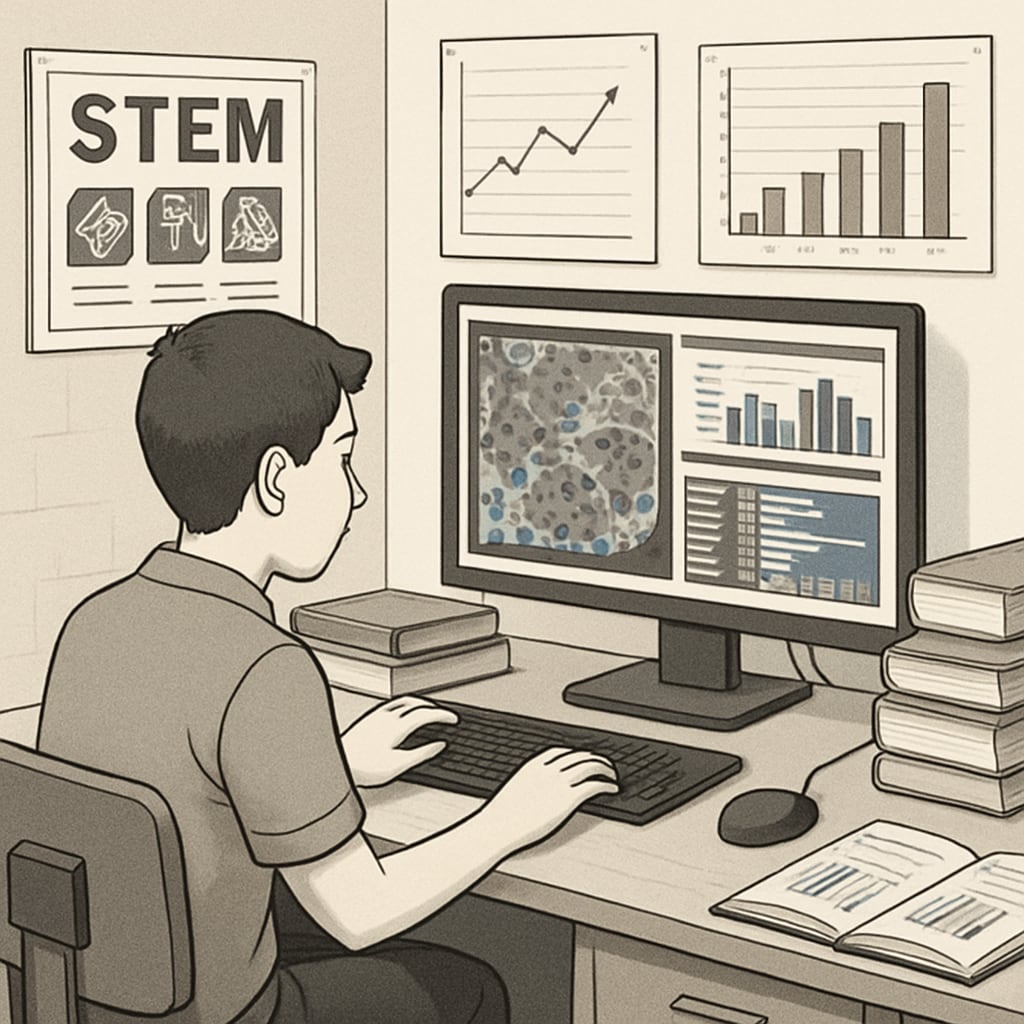Esports, game-based learning, and education are converging to create a transformative approach to modern learning. This innovative model, spearheaded by the collaboration between GameClass and the North America Scholastic Esports Federation (NASEF), is reshaping how students interact with academic subjects. By introducing game-based learning into over 9,000 esports clubs worldwide, this partnership bridges the gap between students’ love for gaming and the mastery of core academic skills. The result? A dynamic and engaging education ecosystem tailored for the 21st century.
How Esports and Education are Reshaping K12 Learning
The integration of esports in education is not merely about playing games—it’s about leveraging gaming as a medium to enhance learning. Esports programs, such as those developed by GameClass and NASEF, use the gaming environment to teach critical thinking, communication, teamwork, and even STEM (Science, Technology, Engineering, Mathematics) subjects. For instance, designing strategies in competitive gaming mirrors problem-solving skills applied in mathematics or programming.
Furthermore, educators are now exploring ways to align gaming with curriculum goals. For example, students can learn physics through the mechanics of in-game trajectories or practice storytelling by creating narratives for game characters. This approach not only makes learning exciting but also caters to different learning styles, ensuring inclusivity in the classroom.

The Benefits of Game-Based Learning in Academic Settings
Game-based learning offers numerous advantages, making it a valuable tool in modern education. Here are some key benefits:
- Increased Engagement: Gaming captivates students’ interest, making them more enthusiastic about participating in academic activities.
- Skill Development: Esports teach essential life skills, including leadership, teamwork, and decision-making under pressure.
- Real-World Applications: Concepts learned through gaming often have practical applications, from physics in racing games to economics in simulation games.
- Inclusivity: Gaming provides a platform where students of diverse abilities and interests can thrive, fostering a sense of community.
These benefits make esports and game-based learning a powerful combination for educators aiming to prepare students for future challenges. Notably, organizations like NASEF also focus on creating career pathways, connecting students’ passion for gaming with opportunities in fields such as software development, marketing, and event management.

Overcoming Challenges in Implementing Esports in Schools
While the integration of esports into education has immense potential, it also comes with challenges. Schools need to address concerns such as screen time, equitable access to technology, and ensuring that gaming remains an educational tool rather than a distraction.
To tackle these issues, organizations like GameClass and NASEF provide structured programs with clear learning objectives. They also emphasize the importance of balance, encouraging students to combine gaming with physical activities and traditional studies. Furthermore, partnerships with technology providers ensure that schools have the resources needed to implement esports programs effectively.
The Future of Learning: A Seamless Fusion of Gaming and Academics
As esports continue to grow in popularity, their role in education is expected to expand. The fusion of gaming and academics represents a shift towards a more interactive and personalized learning experience. Schools around the globe are beginning to recognize the potential of this approach, integrating esports into their curriculum to foster both academic and personal growth among students.
For educators, the key lies in leveraging students’ enthusiasm for gaming to create meaningful learning experiences. By adopting game-based learning, schools can prepare students for a future where adaptability, creativity, and collaboration are essential. This innovative model has the potential to revolutionize education, making classrooms more relevant and engaging for the digital generation.
Conclusion: The partnership between GameClass and NASEF is a testament to the transformative power of esports in education. By aligning the gaming world with academic goals, they are not only enhancing K12 learning experiences but also preparing students for success in an increasingly interconnected and technology-driven world.


